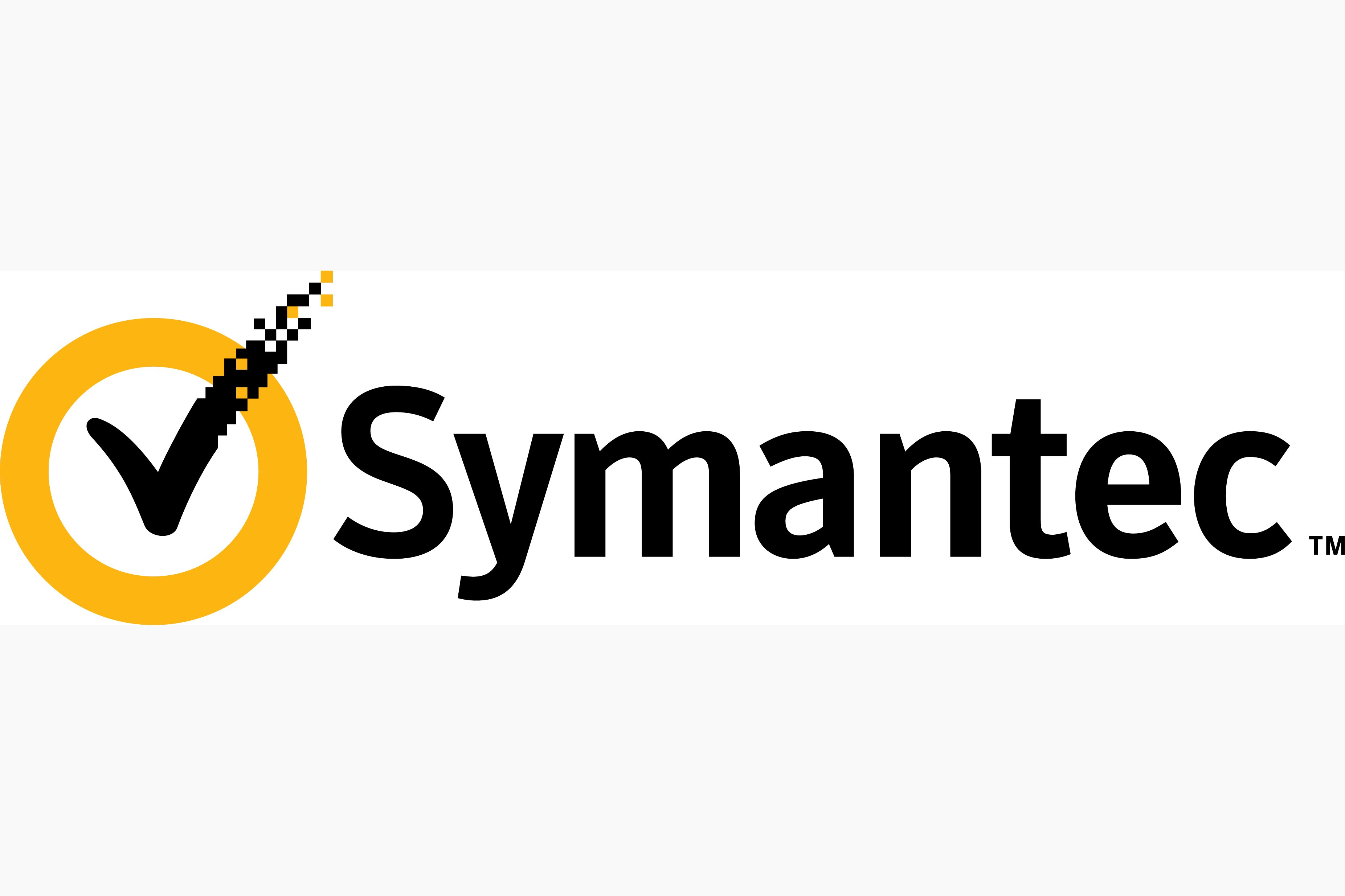HMRC warns taxpayers of ‘sophisticated’ phishing scams
The upcoming January self assessment deadline has increased the number of sophisticated phishing attempts.

HMRC has warned taxpayers filling in their self assessment forms for the end of January that thousands of scam emails have been sent out targeting them.
The email phishing scam tells the recipient that they are due a tax refund, and asks for bank or credit card details it can be paid out.
In this instance, the criminals are offer reasonable sums of money - a reported 250 - which strengthens the validity and appeal of the emails.
These attacks are similar to ones that IT PRO reported on in July, with 33,000 emails sent over a three-day period.
However, HMRC is also aware of a growing number of telephone scams, where fraudsters are posing as tax officials arranging rebate payments.
It was warned that customers who provided these details risked their accounts being emptied and their credit cards used to the limit, as well as having their personal details sold on to criminal gangs.
Lesley Strathie, chief executive of HMRC, said that this was the most sophisticated and prolific phishing scam that they had ever encountered.
Get the ITPro daily newsletter
Sign up today and you will receive a free copy of our Future Focus 2025 report - the leading guidance on AI, cybersecurity and other IT challenges as per 700+ senior executives
She said: "We only ever contact customers who are due a refund in writing by post. We never use emails, telephone calls or external companies in these circumstances.
"I would strongly encourage anyone receiving such an email to send it to us for investigation," she added.
Greg Day, security analyst for Symantec, said that cybercriminals had changed their approach and were targeting people for smaller gains and a greater success rate.
He said: "The level of attention to detail is something that we saw increasingly last year and sets the tone for spam in 2009.
"As the recession takes its toll on many people across the UK and beyond, and as finances become even more stretched, people are becoming more susceptible to such scams."
HMRC said that it was thoroughly investigating the attacks with UK law enforcement with law enforcement agencies, and had already shut down a number of overseas scam networks.
-
 Bigger salaries, more burnout: Is the CISO role in crisis?
Bigger salaries, more burnout: Is the CISO role in crisis?In-depth CISOs are more stressed than ever before – but why is this and what can be done?
By Kate O'Flaherty Published
-
 Cheap cyber crime kits can be bought on the dark web for less than $25
Cheap cyber crime kits can be bought on the dark web for less than $25News Research from NordVPN shows phishing kits are now widely available on the dark web and via messaging apps like Telegram, and are often selling for less than $25.
By Emma Woollacott Published
-
 Power stations under attack from long-running hacking campaign
Power stations under attack from long-running hacking campaignNews Dragonfly threat group is ramping up activities, say researchers
By Adam Shepherd Published
-
 Symantec profits surge as firms prop up their cyber defences
Symantec profits surge as firms prop up their cyber defencesNews The company also announced plans to sell its web certificate business
By Dale Walker Published
-
 Symantec to pay $4.65 billion to acquire Blue Coat
Symantec to pay $4.65 billion to acquire Blue CoatNews Greg Clark to become Symantec CEO, promising new cloud security
By Aaron Lee Published
-
 Symantec ditches reseller guilty of scamming PC users
Symantec ditches reseller guilty of scamming PC usersNews Silurian told people they had malware, then sold them Norton Antivirus for $249
By Joe Curtis Published
-
 NATO builds up cyber alliance with Symantec tie-in
NATO builds up cyber alliance with Symantec tie-inNews Military industrial link up to fight cyber attacks
By Rene Millman Published
-
 Junk emails fall to their lowest rate in 12 years
Junk emails fall to their lowest rate in 12 yearsNews Spam is dropping, says Symantec, but other malware threats are on the rise
By Joe Curtis Published
-
 Kaspersky: "We have never been asked to whitelist malware"
Kaspersky: "We have never been asked to whitelist malware"News A company blog has revealed neither government nor any other entity has asked it to stop detecting malware
By Clare Hopping Published
-
 Symantec confirms split into separate security & storage entities
Symantec confirms split into separate security & storage entitiesNews Storage and security will be separated as Symantec tries to boost sales in both
By Adam Lee Published